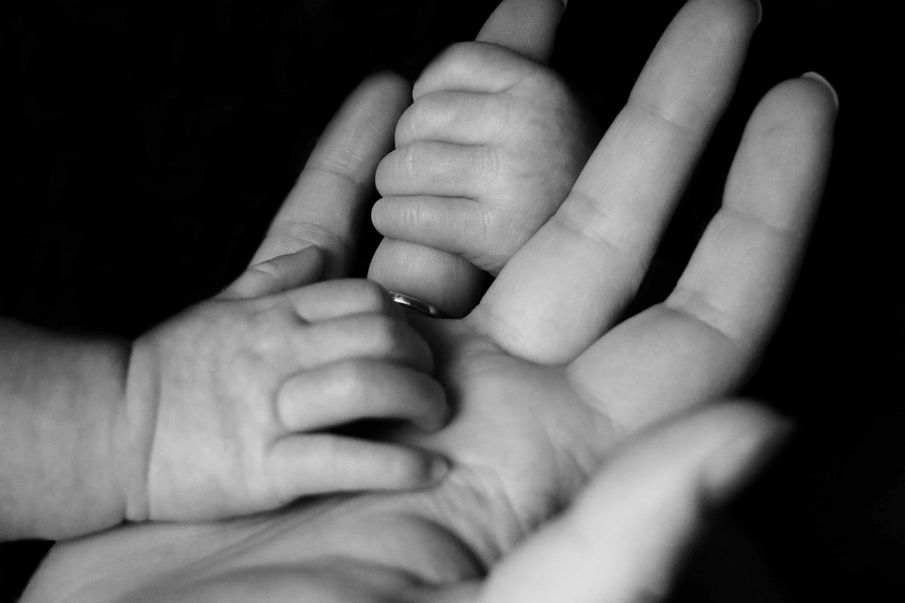Researchers call for fathers to be regularly screened for post-natal depression along with mothers
New research presented by the American Psychological Association yesterday revealed that a “similar proportion” of new fathers experience some form of depression after the birth of a child. Causes of post-natal depression (PND) were previously linked to hormonal changes that go along with pregnancy and birthing; however, that is unlikely if fathers, as well as adoptive parents, are experiencing PND at the same rates, researchers said.
“Much has been written about women’s experiences of pregnancy and postpartum, most of it exploring negative reactions, ranging from clinical depression to postpartum psychosis, and attributing them to unique physical changes women experience during pregnancy,” said Dan Singley, PhD, of the Center for Men’s Excellence in San Diego, California said. “But the incidence rate of depression is comparable between new mothers and fathers. Postpartum depression can no longer be seen as primarily a pathological variant of female reproductive processes. The existing paradigm must be modified.”
Researchers recommended regular screening of new and expectant fathers for signs of depression, especially so if the father or mother has any history of mental health problems.
Very little research has been focussed on the mental health of new fathers, something that Mark Williams, founder of Fathers Reaching Out, knows all too well. Mark suffered from PND whilst taking care of his wife, who also had PND, after the birth of their child. Mark’s experience prompted him to start the campaign to support both fathers and the wider family affected by PND. Mark has since become a mental health campaigner and now travels the world speaking about PND and has recently published a book detailing his experience with PND called Daddy Blues.
Like many men, Mark was never formally diagnosed with PND, because the screening wasn’t there. Mark says getting help at the first signs of PND is key to recovery. “The new ‘Man Up’ is getting help. That’s what’s really being a man is - getting that help so you can be supportive of your wife or partner and your baby. If you can’t help yourself you can’t help your wife or baby. The quicker the help, the quicker the recovery,” Mark said.
Over the next few weeks I will be contacting all Member of Parliaments about the importance of Fathers Mental Health. Can you just send a email to yours and sign our petition. https://t.co/u2SFH9lMIj
— Father's MH Speaker (@MarkWilliamsFMH) August 10, 2018
Researchers acknowledged that very little academic attention has been given to studying PND in men, but part of the reason for that is because men tend not to seek mental health services during this time; and, because of the lack of the attention given, few psychologists receive training identifying, assessing or treating the issues in men, which can mean potential diagnosis can be missed.
Mark, who has created a petition asking the government to screen new fathers along with mothers for postnatal anxiety and depression, explains that PND can have the same symptoms in men as in women, but that the behaviour may come out in different ways like drinking too much, drug abuse, overworking, anger, fighting and self-harming.
Lack of sleep, the often-exhausting needs of a new baby and time spent away from work are all contributing factors, Sara Rosenquist, PhD, of the Center for Reproductive Health Psychology, said at the AMA annual convention yesterday.
Additionally, “new fathers can sometimes struggle with gender role conflict, should they have trouble conforming to what society says is the traditional role of a father, and may also question their ability to be a competent parent,” Sara said. However, identifying depression in men can be challenging because the symptoms of depression are different for men. Men are more likely to report feeling irritable and socially disconnected, for example, while women are more likely to report feeling sad and crying a lot.
If you or a loved one think you may be struggling with PND, speaking to a trained counsellor or therapist may help.
If you need someone to talk to, charity PANDAS offer a helpline from 9 am to 8 pm every day on 0843 2898401.


Comments